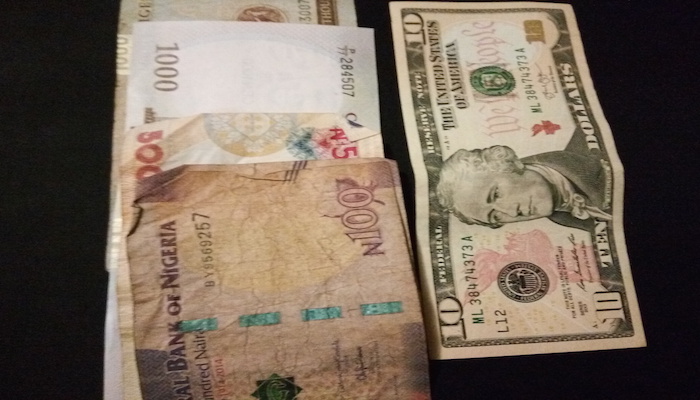Nairametrics| The announcement last week of a new forex policy by the Central Bank of Nigeria (CBN), coupled with the injection of over $600 million during the week,has crashed parallel market rates from as high as N525 to about N450.
We reported last week that the CBN plans to narrow this margin to as low ad 10% and could pave the way for a float. This narrative seems to be gaining traction with some analysts and surprisingly they now opined that the Naira is valued below N400.
For example in a report released by Renaissance Capital (Rencap) Limited, it reasoned that despite the current combination of crude oil price increase, improved crude oil production and the new forex policy stimulating the country’s external reserves to new highs and reducing the gap between official rates and parallel market rates, a full float would earn the country much-needed FDI.
“We think N450-500/$ would attract investors even without $20 billion of cheap International Monetary Fund (IMF)-led financing. One of our Real Effective Exchange Rate (REER) models – the 22-year model which corresponds to a period when oil averaged $55/bl – implies fair value for the naira at N370/$, which via inflation should become N400/$ by end-2017.”
“At the parallel rate of NGN500/$, Nigeria has the cheapest currency in Africa, and even at NGN450/$ it would still rival Egypt at EGP15.8/$1 (the third cheapest in Africa). Given this, a full float of the currency would likely attract billions of dollars to Nigeria, similar to how Egypt has attracted $9 billion since its float in November.
“The vast majority of Nigerian and foreign potential investors ignored Nigeria in 2016 due to exchange rate difficulties, but rising oil prices and production (double the 0.9mbpd 2016 lows) suggest some opportunities may emerge in 2017.”
It remains to be seen if the CBN is using the new forex policy as a means of gearing up for an actual full float of the Naira or if this is just another case of temporary CBN intervention. Whichever it is though, what most analysts agree on is that the reduced gap between the official and parallel market rates bodes well for the Nigerian economy.
